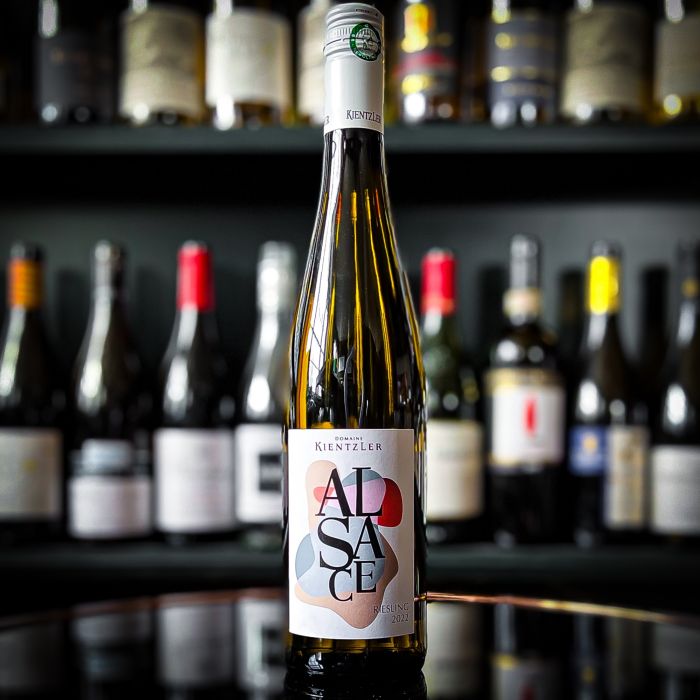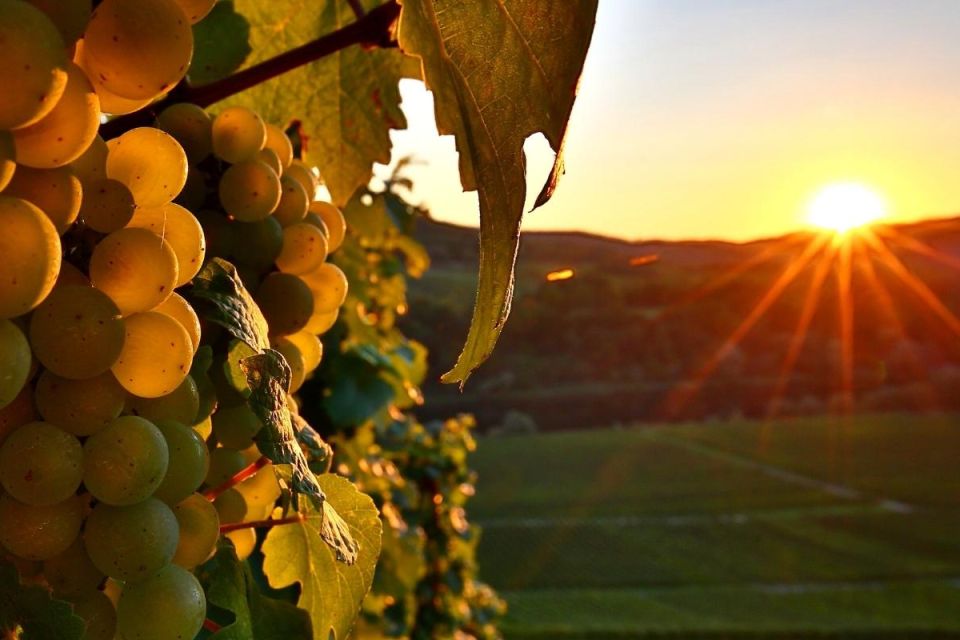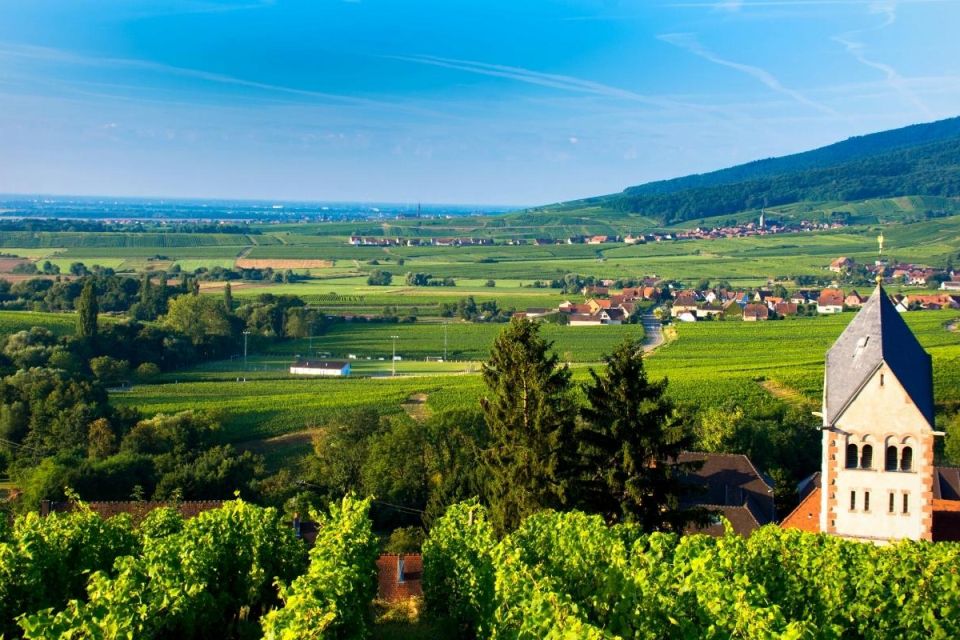Your Mini Basket
Riesling is an aromatic white grape variety that is grown across the world and the wines are produced in a variety of styles. With its naturally high acidity and susceptibility to botrytis/noble rot, wines range from bone-dry to incredibly sweet.
The fruit flavours in the wine vary according to the level of ripeness in the grapes at the time of harvest. Just-ripe grapes produce wines with green apples and citrus, then the riper you go, the more stone fruit and tropical flavours you get. Besides fruit, you’ll often smell things like honeycomb, jasmine, or lime peel, along with a striking aroma that smells similar to petrol.
Germany is the world’s most important producer of Riesling, with exceptional examples from the Mosel, Rheingau and Pfalz regions. Rieslings from Alsace (France) are typically dry with pronounced aroma and flavour intensity. South Australia’s Eden Valley and Clare Valley produce dry Rieslings with notes of lime and petrol.



